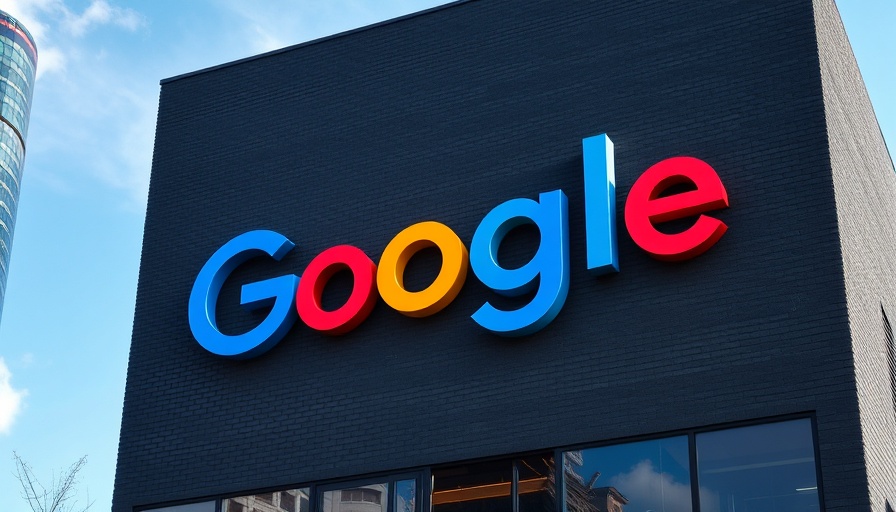
AI Technology Reaches Controversial Heights
Google's latest AI model, Gemini 2.0 Flash, has made waves in the tech community for its cutting-edge image generation capabilities. However, recent discoveries by users on social media have pointed to a controversial application: removing watermarks from images, particularly those from well-known stock media companies like Getty Images. While this AI model is designed to generate and edit content through simple text prompts, its apparent lack of ethical guardrails has raised eyebrows across the industry.
The Power of Gemini 2.0 Flash
Released just last week, Gemini 2.0 Flash is described as a powerful tool that excels not only in generating images but also editing existing ones. Users have reported with excitement how the tool can effectively remove watermarks and fill in any gaps left behind, a feature that they have publicly celebrated across platforms such as X and Reddit. However, this capability also presents serious concerns regarding copyright and content integrity.
Ethical Dilemmas and Legal Implications
Removing watermarks poses significant ethical dilemmas, as it infringes upon the rights of original creators. According to U.S. copyright law, removing a watermark is considered illegal without the consent of the copyright holder. Legal experts argue that tools which facilitate these actions could undermine the very foundation of intellectual property rights, leading to waves of unauthorized usage of creative works.
The Technology Debate
Critics of Gemini 2.0 Flash have drawn parallels to other AI technologies like OpenAI's GPT-4o and Anthropic's Claude 3.7, which explicitly refuse to enable watermark removal. These companies have taken a stance on the ethical implications of their technology and the responsibilities they have as creators of these tools. The distinction becomes vital, as tech giants must illustrate a balance between technological advancement and ethical responsibility.
Current Trends and User Reactions
The public's enthusiasm for the capabilities of Gemini 2.0 Flash reveals a larger trend within consumer behavior toward emerging technologies. Many users express excitement about the model's ability to produce stunning visual content easily. However, as seen in various online forums, there is also a growing backlash against the implications of its misuse. Social media has become a battlefield where debates on ethics, legality, and copyright law unfold daily, culminating in a call for tighter regulations on AI technologies.
Future Developments in AI Technology
As the landscape of AI technology continues to evolve, it becomes imperative for developers to create frameworks that govern the ethical use of AI applications. Google's recent issues with Gemini highlight the necessity of addressing potential flaws and biases before they escalate. Experts predict that ongoing dialogues surrounding AI's impact on copyright and creative work will shape future innovations in this space.
What This Means for Creatives
For creatives and content producers, the rise of tools like Gemini 2.0 Flash presents both opportunities and challenges. The ease of creating and editing images can drive innovation and creativity; however, it also necessitates a reevaluation of copyright practices and protections. Artists, photographers, and creatives may need to consider new ways to safeguard their work in a landscape increasingly dominated by AI capabilities.
Call to Action
As the use of AI technology expands, it is essential to remain informed about its implications and advocate for ethical standards. Creatives and consumers alike must weigh the pros and cons of these emerging technologies and champion robust legal frameworks protecting original work. Engage in the conversation — share your thoughts on how AI should navigate the complex landscape of copyright and creativity.
 Add Row
Add Row  Add
Add 



Write A Comment